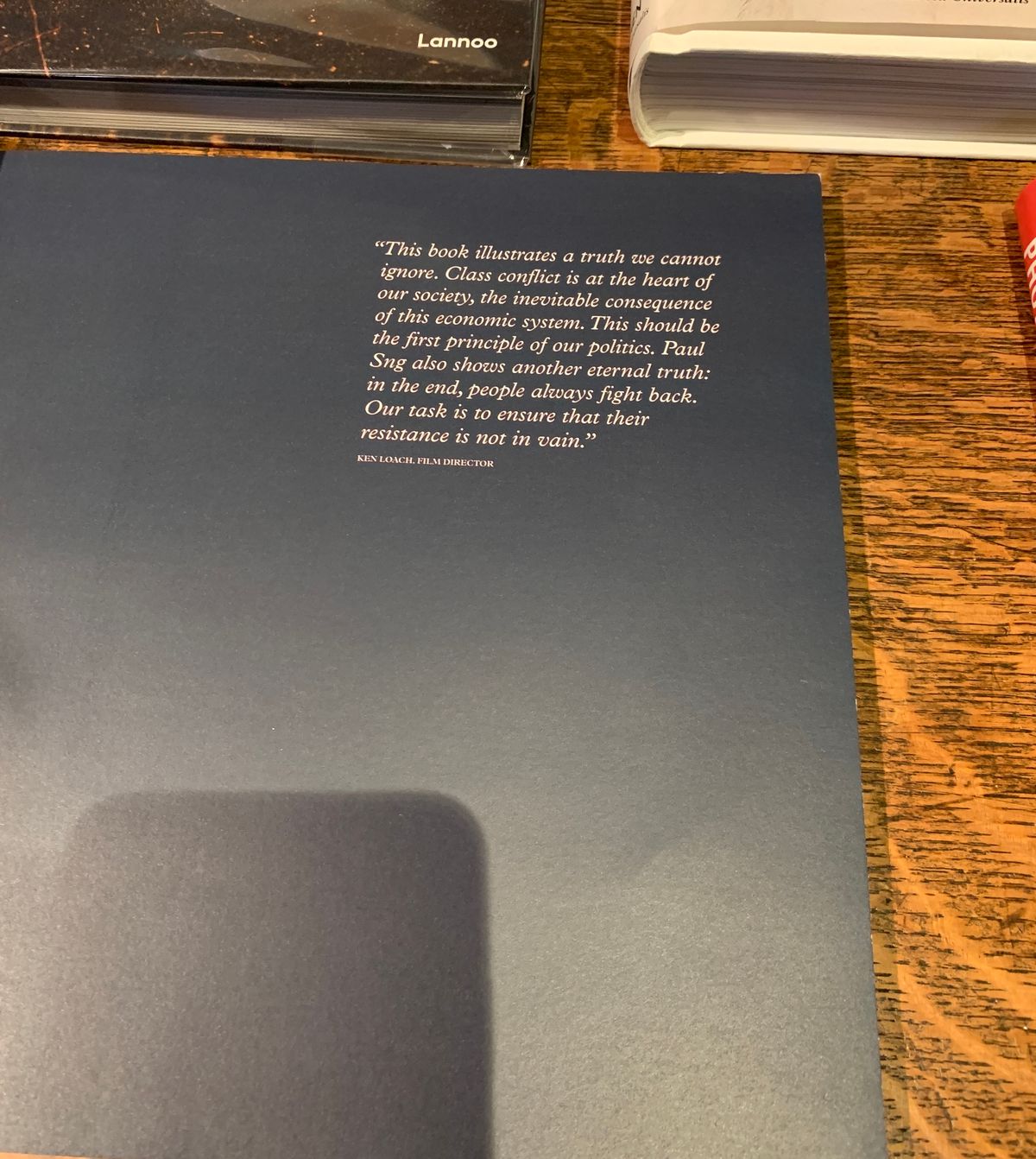Archive


Work, Middle-class Gaze and Neoliberalism in Chinese RTV: “Go Fighting” as a case
Abstract
This article investigates the relationship between the Chinese reality television program “Go Fighting” and the working cultures of contemporary neoliberalism. It explores how the program enacts the precarious and overworked neoliberal working values and differentiate different social class in media representation. The program seemingly constructs a superior position of working-class by showing the incompetent performance of middle-class. However, this position is easily overtaken by the middle-class. It highlights how the middle- class gaze was used to make the upper-class judgments to the harsh workload, skills, and bodies around the lower-class, so that it construes the nuances between the working-class and middle-class. In particular, this article argues the program promotes two ideal neoliberal subjectivities from different social classes to display a fantasy of harmony, which is used to cover the problematic reality of the current overworked and precarious working conditions in neoliberal China that are caused by social inequality.

Consumer citizenship and politicized consumption in bottled water: A case of Ethos water campaign
Abstract
It is an increasingly marketing practice to connect consumer products with ethical consumption as a practice of corporate social responsibility (CSR) initiatives in recent years. One example is Ethos water’s pioneering campaign that helps alleviate the world water crisis in Africa, which linked consuming behaviors with ethical values. In this article, I investigate this cause-related campaign with the concept of semiotic analysis to uncover its ideological construction of consumer citizenship and politicalized consumption. I analyze how Ethos water was able to transfer ordinary commodity buying into politicalized consumption through the lens of advertisement. This article found out that the campaign operated the developing discourse to defuse the political struggles around consumption. Moreover, following the arguments of consumer citizenship from Cronin and Little, I trace back to the historical background in the 1960s period to see how political, cultural, and media elements contribute to the shift to consumer citizenship and political consumption. By doing so, this article provides a perspective on the construction of consumer citizenship by connecting historical background with contemporary marketing campaigns. Possible explanations and implications are discussed in this context. The contribution of this article is twofold, to add more empirical evidence support to the current critical scholarship of CSR studies and provide an insight: into how ordinary consumption was possibly constructed and transformed into political consumption in a historical context.
